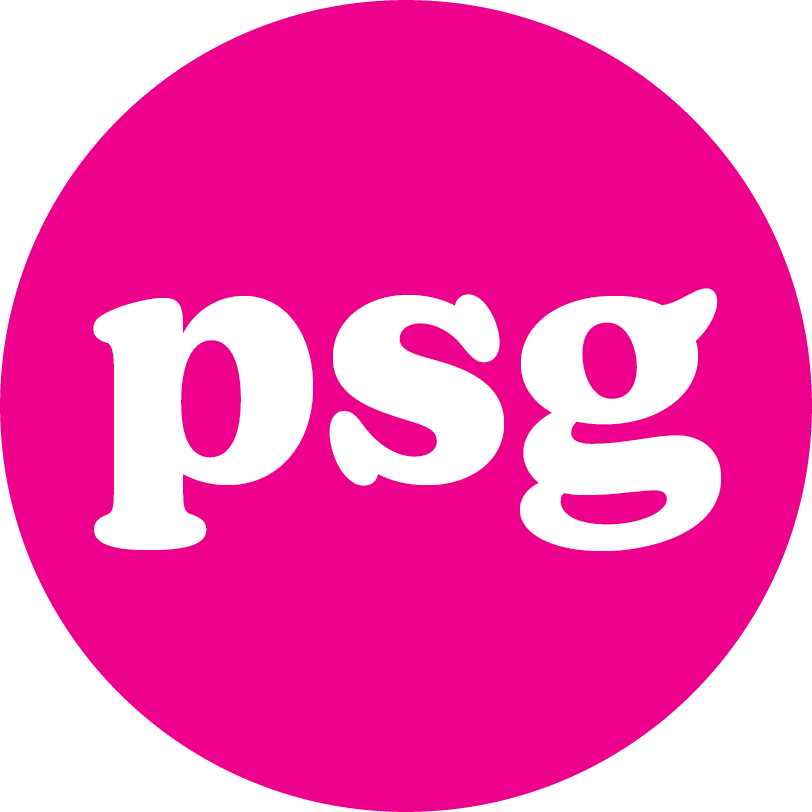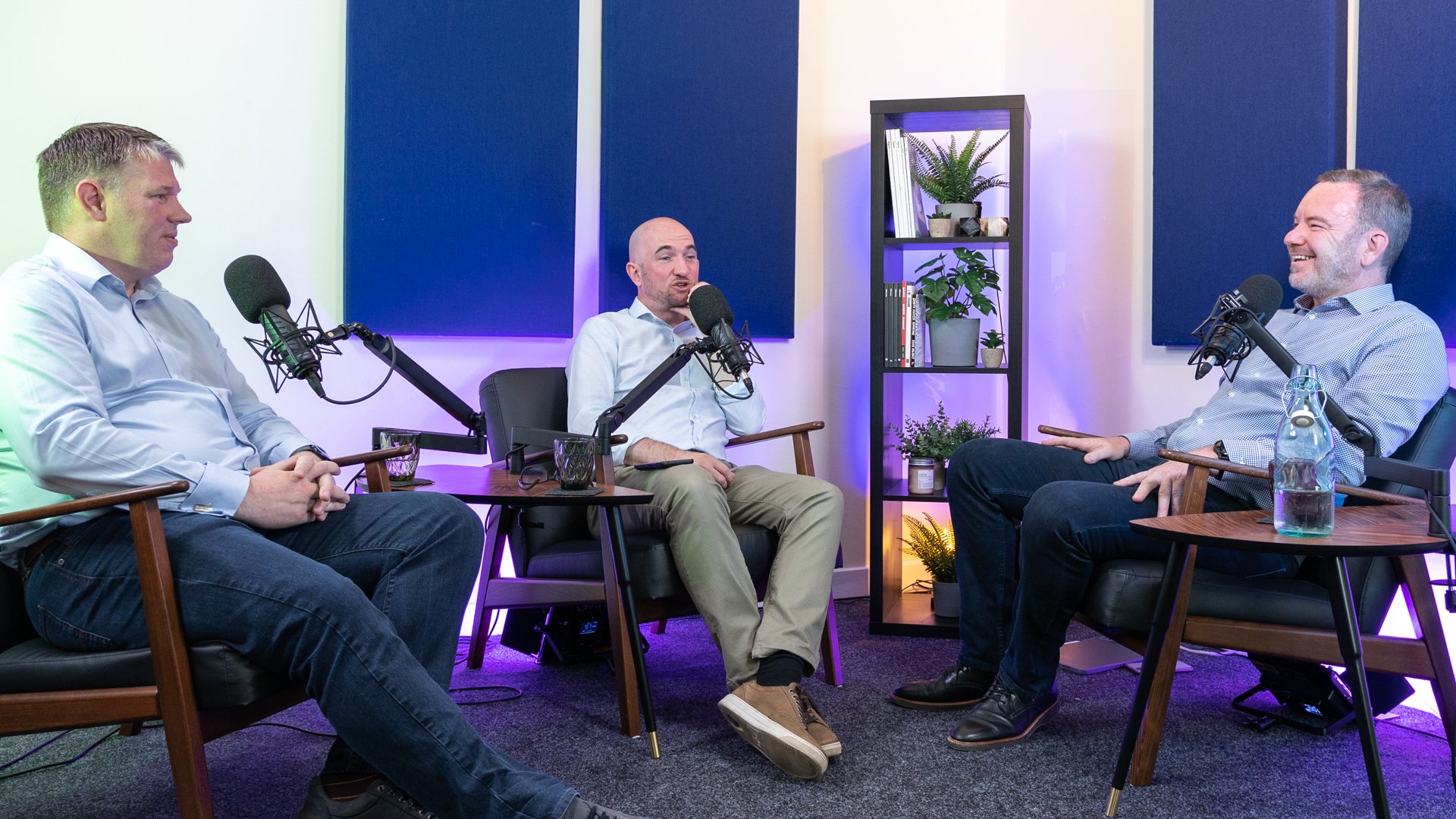What is a Podcast and Should I start One?
The technology behind podcasting has been around since 2004. I started my podcast in 2005, and back then, you had all sorts of hoops to jump through to get your voice heard! 19 years later, the technology has become a lot simpler and the medium has exploded in popularity year on year.
For many, podcasts represent a palette cleanser from the incessant drip of short-form, often asinine content found on Vine, originally, and now latterly on TikTok, YouTube Shorts, and Instagram reels.
And while there’s certainly a place for short, sharp instantly forgettable content, there will always be a place for long-form content, conversations, and discussions with room to breathe. Which is exactly what your podcast should represent.
WHAT IS A PODCAST?
what is a podcast?
A podcast is a type of digital media consisting of an episodic series of audio, video, digital radio, PDF, or ePub files subscribed to and downloaded through web syndication (RSS) or streamed online to a computer or mobile device. The word "podcast" is a portmanteau of "iPod" and "broadcast." The files are usually available as a series, new episodes of which can be received by subscribers automatically. Podcasts are often free of charge to listeners and can be created by anyone with access to recording equipment and a host website.
Just quickly, but don’t get bogged down with this, what is an RSS feed? It is, after all, what makes your digital media content a podcast, after all.
An RSS (Really Simple Syndication) feed is a way for websites to share their content with other websites or individuals. It allows you to subscribe to a website and receive updates (for example, new blog posts, or in our case, podcast episodes) when new content is added, without having to manually check the website for updates. The updates come in the form of a list of new articles, with a title, summary, and a link to the full article, or a link to the digital media file that is your podcast episode.
Make sense?
Just one more quick point on why having an RSS feed for your digital content work with, in this example, Apple Podcasts.
Apple Podcasts, which is Apple's podcasting app and directory, uses RSS (Really Simple Syndication) feeds to distribute and update podcast episodes. When you create a podcast, you should create an RSS feed that includes information about your episodes, such as the title, description, and audio file. You can then submit this RSS feed to Apple Podcasts (and other podcast directories) so that people can find and subscribe to your podcast.
Once you've submitted your feed to Apple Podcasts, the service will periodically check your feed for updates and make new episodes available to subscribers. When an episode is published on your feed, it will be available for listeners to download or stream on Apple Podcasts, they can also get notifications on their device when a new episode is available.
Hopefully none of that is overly technical, but it’s important to recognise that having a podcast is much more than just recording some video content and uploading it to YouTube. The RSS mechanism and the role of podcast directories like Apple Podcasts, Spotify, etc, is what will make your content become…a podcast.
HOW DO I START A PODCAST?
HOW DO I START A PODCAST?
Here are the basic steps to starting a podcast:
Choose a topic: Decide what your podcast will be about. Choose a topic that you are interested in and knowledgeable about, and that you think will appeal to a specific audience.
Determine your format: Will your podcast be an interview show, a roundtable discussion, or a solo monologue? Consider what format will best suit your topic and audience.
Choose a name: Come up with a name for your podcast that is catchy, descriptive, and easy to remember.
Set up your recording equipment: You'll need a computer with a microphone, recording software (such as Audacity), and a way to edit your audio (such as Adobe Audition).
Record and edit your episodes: Use your recording equipment to record your podcast episodes. Then, use your editing software to cut out any mistakes or dead air, and to add any music or sound effects you want to include.
Choose a hosting platform: A hosting platform is where your podcast episodes will be stored and distributed. Some popular options include Anchor.fm, Buzzsprout, and Libsyn.
Publish and distribute your podcast: Upload your episodes to your hosting platform, and use that platform's tools to distribute your podcast to popular platforms like Apple Podcasts, Spotify, and Google Podcasts.
Promote your podcast: Use social media, email, and other marketing channels to let people know about your podcast and encourage them to listen.
Stick to a regular schedule: You can batch-record episodes if that makes life easier, but always think about the audience. They’ll quickly become used to seeing new episodes from your podcast pop up in their podcast app on a regular basis. So, decide at the outset what day and time you’ll release new episodes, and stick to it.
Choose a topic and stick to it
In my opinion, step 1 is perhaps the most important.
For example, you might want to start a podcast discussing your favourite sports team’s performances. Stick to that topic.
Don’t get 3 episodes in and then decide the podcast is going to be about organic coffee.
The caveat to this, however, is if your podcast is going to be interview based. Take Joe Rogan’s podcast, for example. If you have an interview-based podcast, each episode will be about your guest(s). The point is, be consistent, whether that’s having consistently interesting conversations with great guests, or consistently interesting episodes about the topic you’ve selected for your podcast.
For many of us, listening to podcasts in the car, at the gym, walking the dog, or even having the video version play on YouTube while we work, is as much a part of daily and weekly life and going food shopping. As a result, many of us then get bitten by the bug of starting our own podcast.
And why not? We all have something to say! We’re all passionate about one topic or another and we feel adding our voice to the global discussion will be worthwhile. We may be trying to build and amplify our personal brand.
A podcast is an ideal vehicle for all of the above. So, should you start a podcast in 2023? Read our blog guide on why you should. And what about getting sponsors for your podcast? We have a short article on that too.
We consider ourselves experts on starting, running, recording, and producing podcasts. Of course we do. I’ve produced several hundred podcast episodes for clients since 2005. So consider booking a 30-minute consultation in our Glasgow Podcast Studio to help get you started on your podcast journey.



